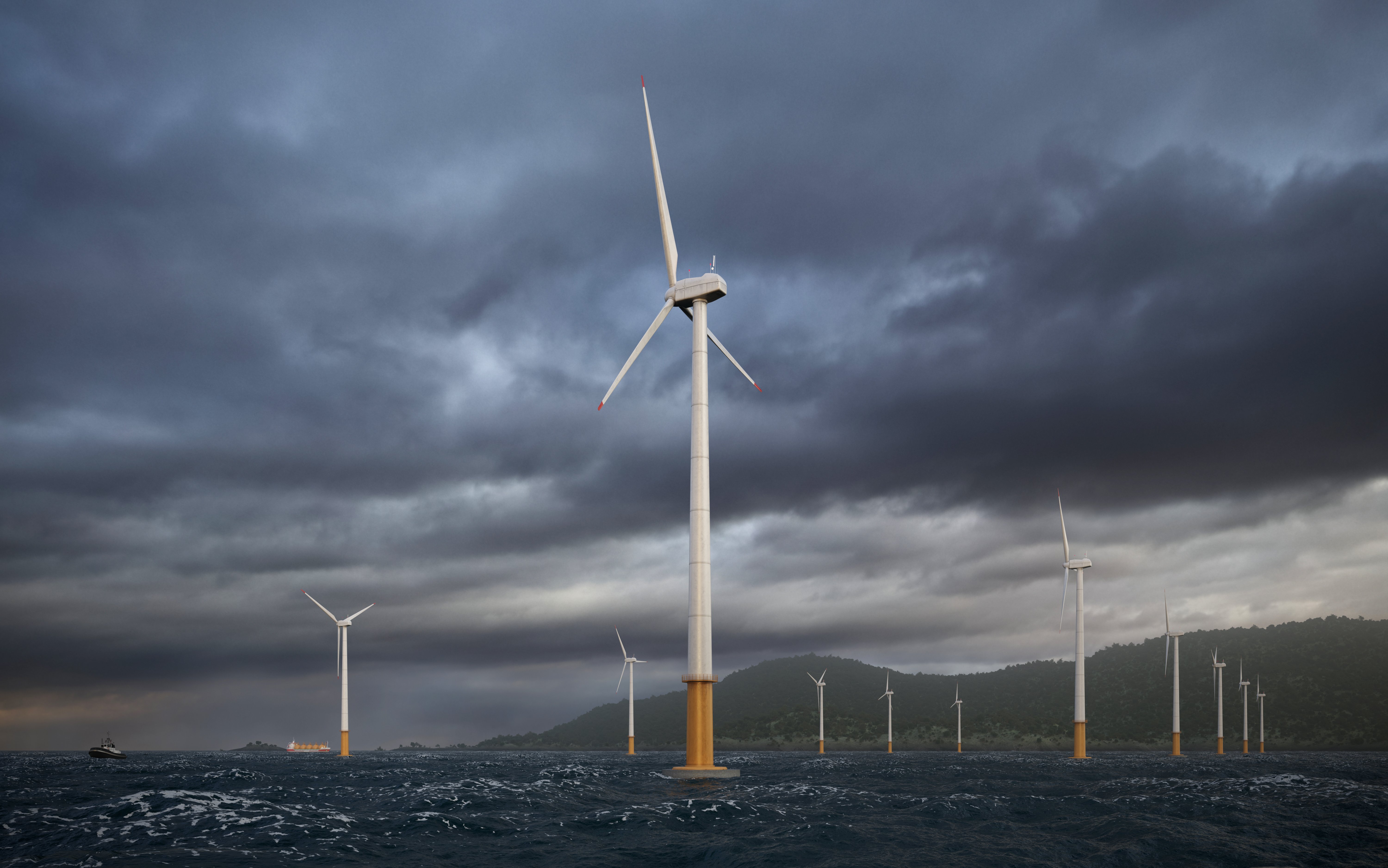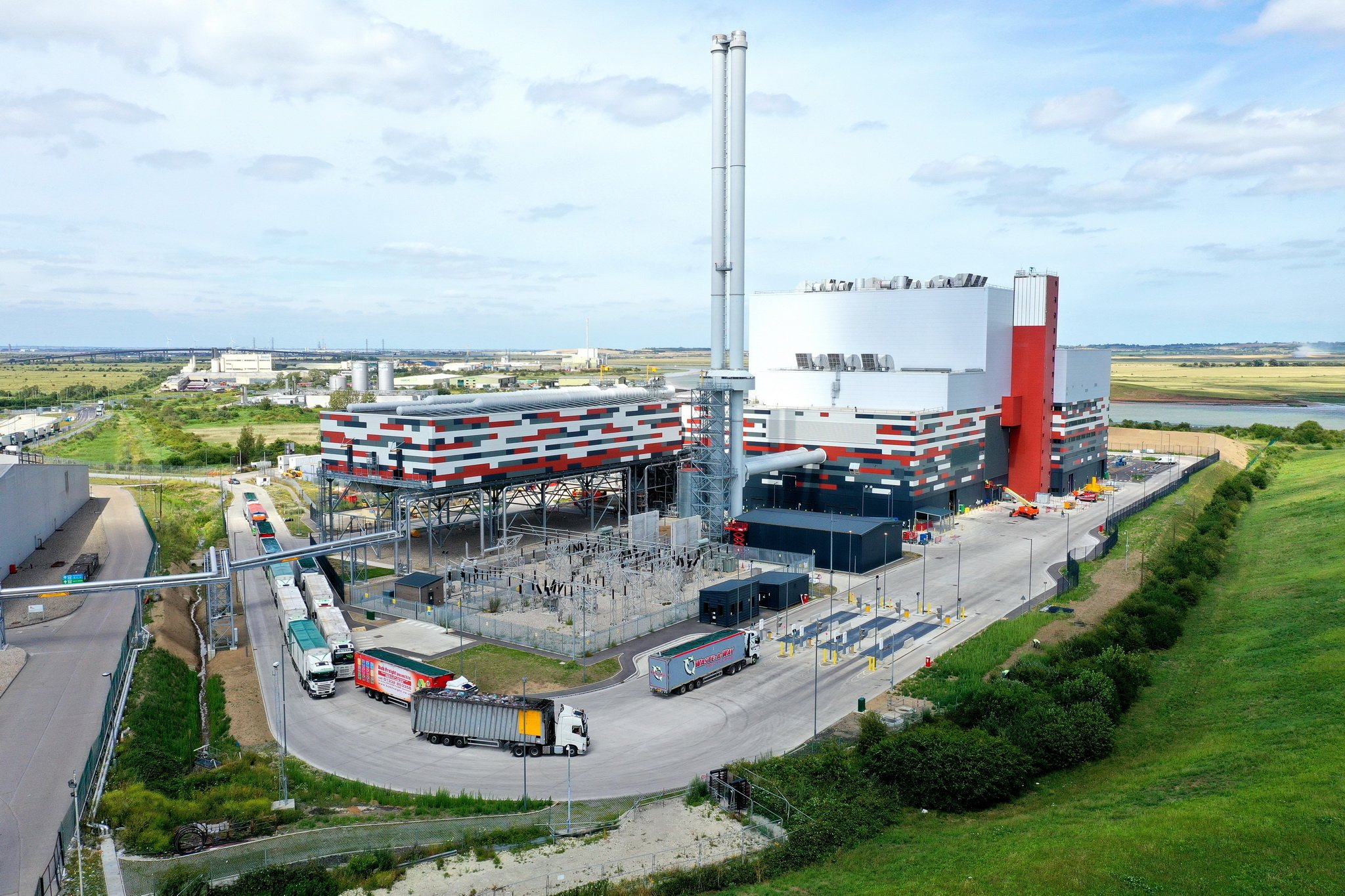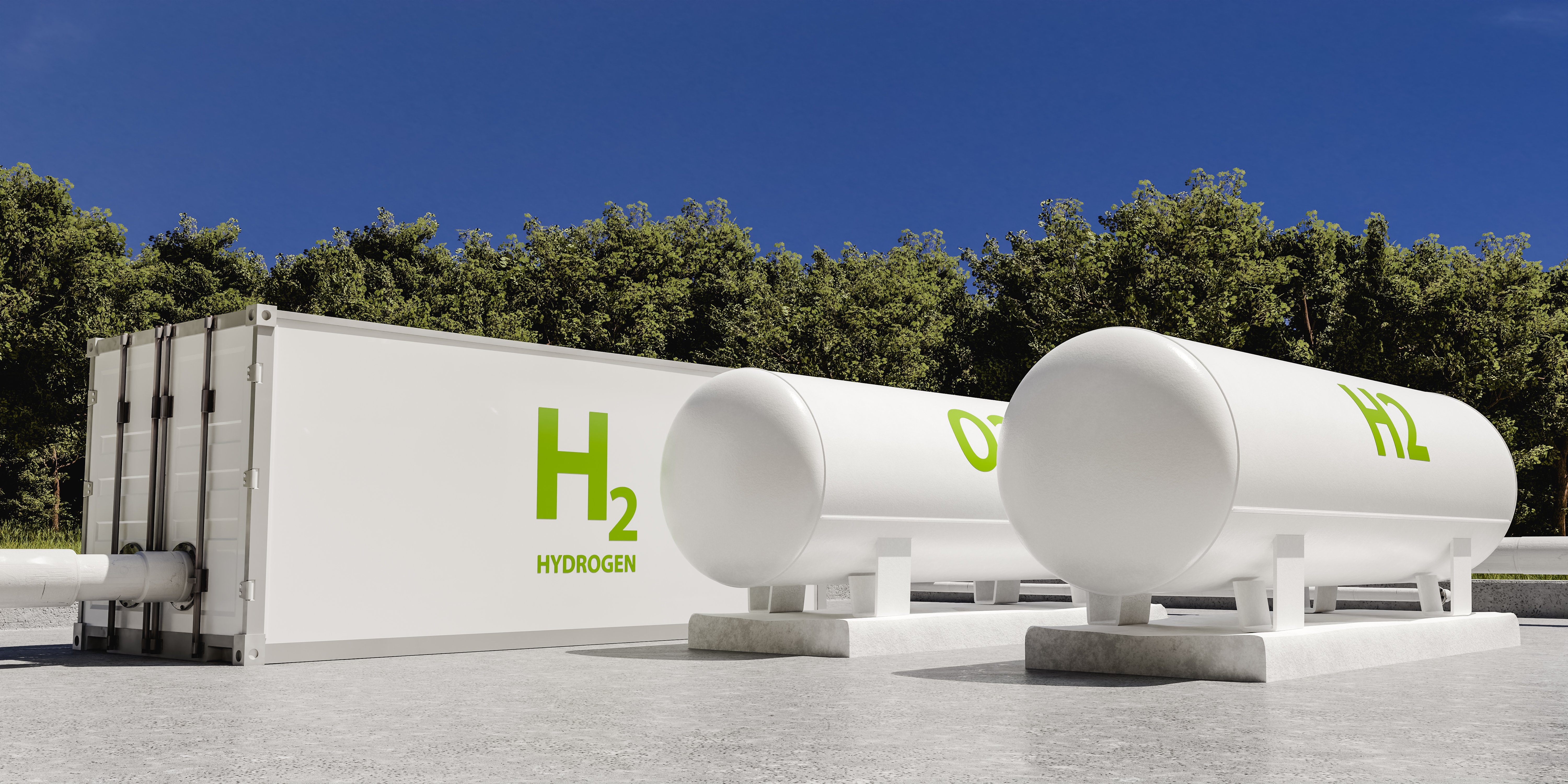
Contracts for Difference
The Contracts for Difference (CfD) scheme is designed to support Britain’s transition to Net Zero. This long-term contractual agreement encourages clean energy investment by providing low carbon generators with a guaranteed revenue stream, driving the development of renewable energy projects and advancing the UK's energy transition towards a low carbon economy.

Capacity Market
The Government introduced the Capacity Market to manage the security of electricity supply and ensure that Britain has sufficient reliable capacity to meet demand at the least cost to consumers. The Capacity Market supports electricity supply security by providing payments for dependable sources of capacity, contributing to the UK's Net Zero strategy and enabling a stable low carbon economy."

Carbon Capture, Usage and Storage
Carbon Capture, Usage and Storage (CCUS) is a process designed to reduce CO₂ emissions from carbon-intensive industries, enabling deep decarbonisation and advancing the UK's Net Zero strategy through innovative low-carbon technologies.

Low Carbon Hydrogen
The Low Carbon Hydrogen Agreement is the proposed contractual framework for the Hydrogen Business Model, which is technology agnostic and designed to support the growth of low carbon hydrogen production. This framework plays a critical role in advancing the UK's Net Zero strategy by encouraging innovation in low-carbon technologies and enabling clean energy investment in sustainable hydrogen projects.

Regulated Asset Base
A Regulated Asset Base (RAB) model has typically been used to incentivise private investment in public projects with significant upfront capital costs and a long asset life. This approach has been applied to large-scale infrastructure assets such as water, gas, and electricity networks in the UK, supporting the development of low-carbon technologies and advancing the UK's Net Zero strategy through sustainable investment models.

Revenue Support Agreement
The Revenue Support Agreement (RSA) serves as a mechanism to address demand-related revenue risks for Transport and Storage companies (T&SCo), enabling them to deliver Carbon Capture, Usage and Storage (CCUS) facilities with reliable transport and storage services, supporting the UK's Net Zero strategy through innovative carbon reduction initiatives.

Gas Shipper Obligation
The GSO is a planned levy on gas shippers licensed in the UK, which will be the long-term funding mechanism for the Low Carbon Hydrogen Agreement (LCHA) model. The GSO will empower the decarbonisation of carbon intensive industries and lead to an estimated £13bn to £24bn in savings to the power system between 2030 and 2050 through the funding the LCHA.